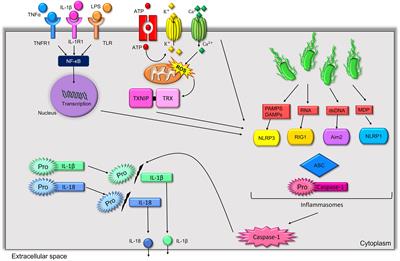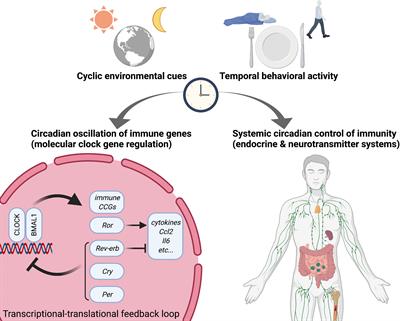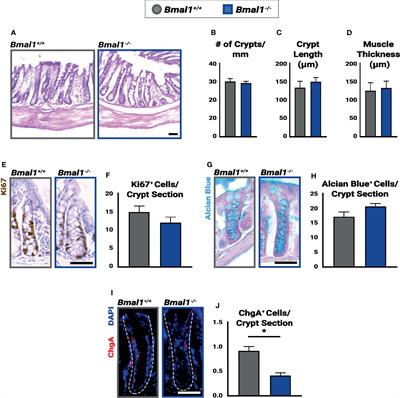EDITORIAL
Published on 25 Oct 2022
Editorial: The Circadian Clock and immune system interplay in infectious diseases
doi 10.3389/fcimb.2022.1036633
- 1,400 views
- 1 citation
13k
Total downloads
40k
Total views and downloads
EDITORIAL
Published on 25 Oct 2022
REVIEW
Published on 22 Mar 2022

REVIEW
Published on 23 Feb 2022

ORIGINAL RESEARCH
Published on 09 Feb 2022

MINI REVIEW
Published on 09 Dec 2021
